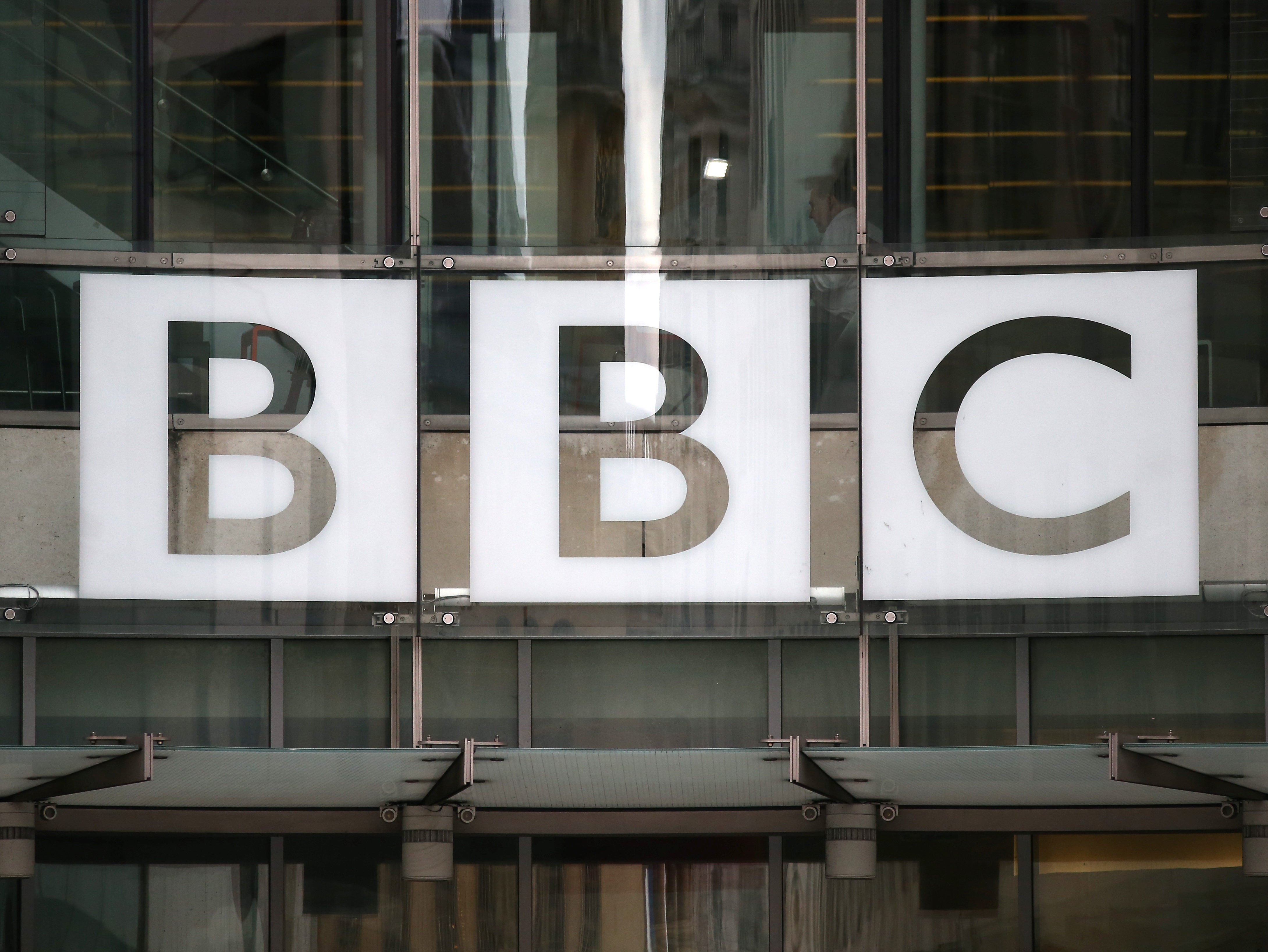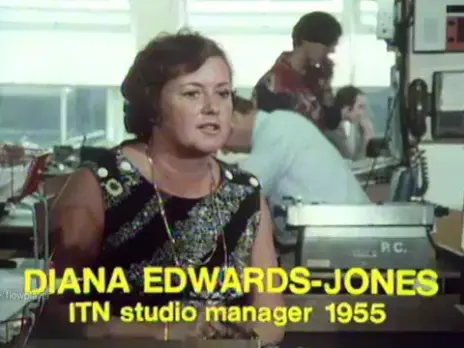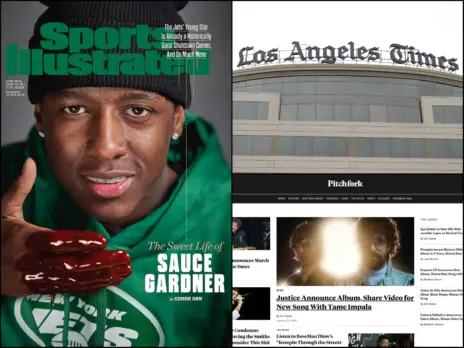
The BBC has cut its median gender pay gap from 9.3 per cent to 7.6 per cent in the past year.
The corporation’s mean pay gap has also fallen, from 10.7 per cent in 2017 to 8.4 per cent.
The drop has come after “concerted action” at the BBC to close its gender pay gap by 2020, and maintain a gap of 3 per cent either way thereafter, following publication of the salaries of its top-earning on-air talent last year.
The BBC said 7.1 per cent of the median gap is now caused by having too few women in senior leadership roles and more women than men in the lowest paid sector of the workforce.
The remaining quarter of the reduction is due to BBC Studios and BBC Worldwide becoming a single commercial organisation, the corporation said.
Women now make up a bigger proportion of the BBC’s leadership than ever before – 43.3 per cent of leadership roles are held by women, up from 42.1 per cent last year.
By 2020, the BBC targets having half of its staff as women, including in leadership roles, and half of its on-screen, on-air and in lead roles across all genres from news to drama, as women as well.
Overall, the BBC currently has a 45.2 per cent female workforce.
BBC director-general Tony Hall said: “Closing the gender pay gap is a priority for the BBC. We must lead the way.
“Today’s figures show we are making good progress, but we are not there yet and that is why we will keep pressing to deliver change.”
The UK national average hourly median gender pay gap is 18.4 per cent, according to the Office for National Statistics. The national average mean gap is 17.4 per cent.
The BBC’s gender pay gap is significantly better than most other UK media companies, many of which have also said their figures are a result of more men occupying higher-paid roles than women.
The BBC launched a series of initiatives to tackle the gender pay gap last year including pay transparency for all levels of the workforce, introducing a simpler job and career path framework, and repositioning people within their pay ranges.
It has also been proactively going through salaries in every part of the corporation and plans to have finished adjusting pay with cuts for some and increases for others by the end of the summer.
In the BBC’s gender pay report 2018, released today, Hall said a programme for high potential women in news has led to significantly more women in senior positions there.
The BBC has a median bonus pay gap of 0 per cent and a mean gap of 2.5 per cent, favouring men, covering its voucher-based recognition scheme and long service awards.
In 2017, it had a median bonus pay gap of 0 per cent and a mean gap of 20.3 per cent.
Gracie, who earned £135,000 a year in the role, was told when she was offered the role that she would be paid in line with North America editor Jon Sopel and other BBC international editors.
She only discovered she was not on the same pay as other international editors at the BBC when the salaries of its on-air talent paid more than £150,000 were released under Government mandate in July last year.
Gracie resigned in January over the issue of equal pay and received support from a group of more than 130 female broadcasters and producers under the name BBC Women.
They called on the BBC to “urgently address pay inequality across the corporation” and said they knew of up to 200 women had made pay complaints.
Also agreeing to a salary reduction of an undisclosed amount were Radio 2 presenter Jeremy Vine, News at Ten anchor Huw Edwards, Today presenters John Humphrys and Nick Robinson, and Radio Five Live presenter Nicky Campbell.
Today the BBC also published the recommendations from its review, led by BBC Scotland director Donalda MacKinnon, into its culture for women and their ability to progress.
After receiving more than 5,000 comments and ideas, three priority ideas were identified, including better support for flexible working requests and those returning from maternity or extended leave.
The BBC will look at its recruitment processes to create more opportunities for development and develop high-potential programmes for women to progress into leadership roles, and will increase training and support for managers.
Picture: Reuters/Neil Hall
Email pged@pressgazette.co.uk to point out mistakes, provide story tips or send in a letter for publication on our "Letters Page" blog







